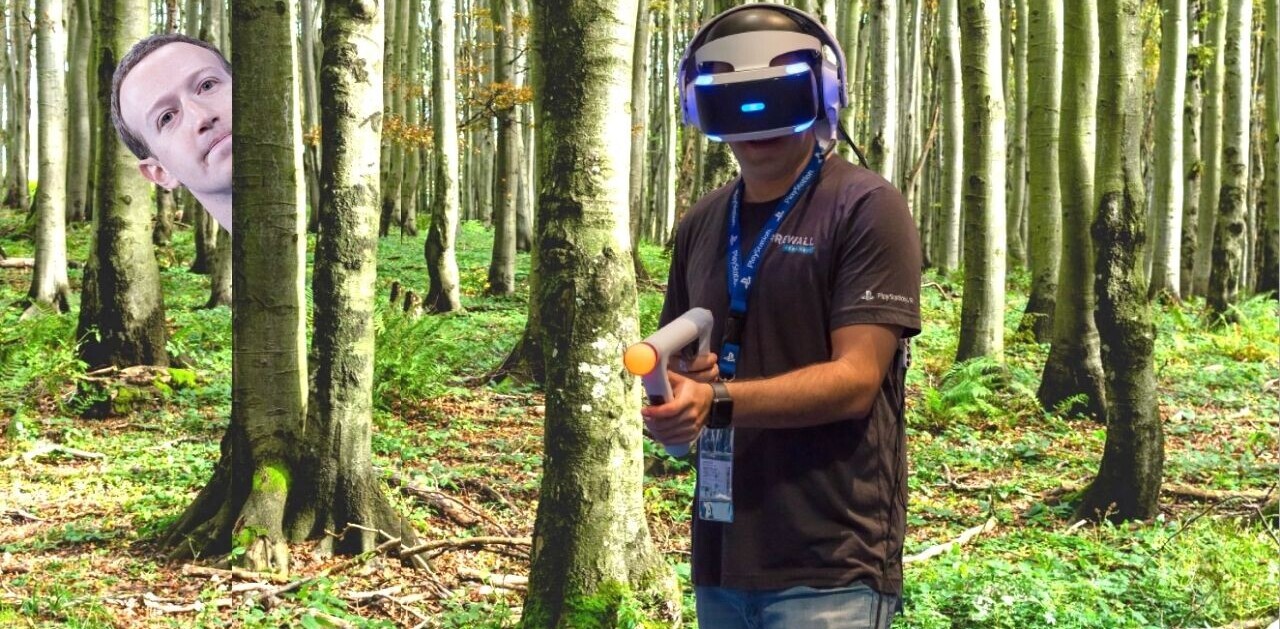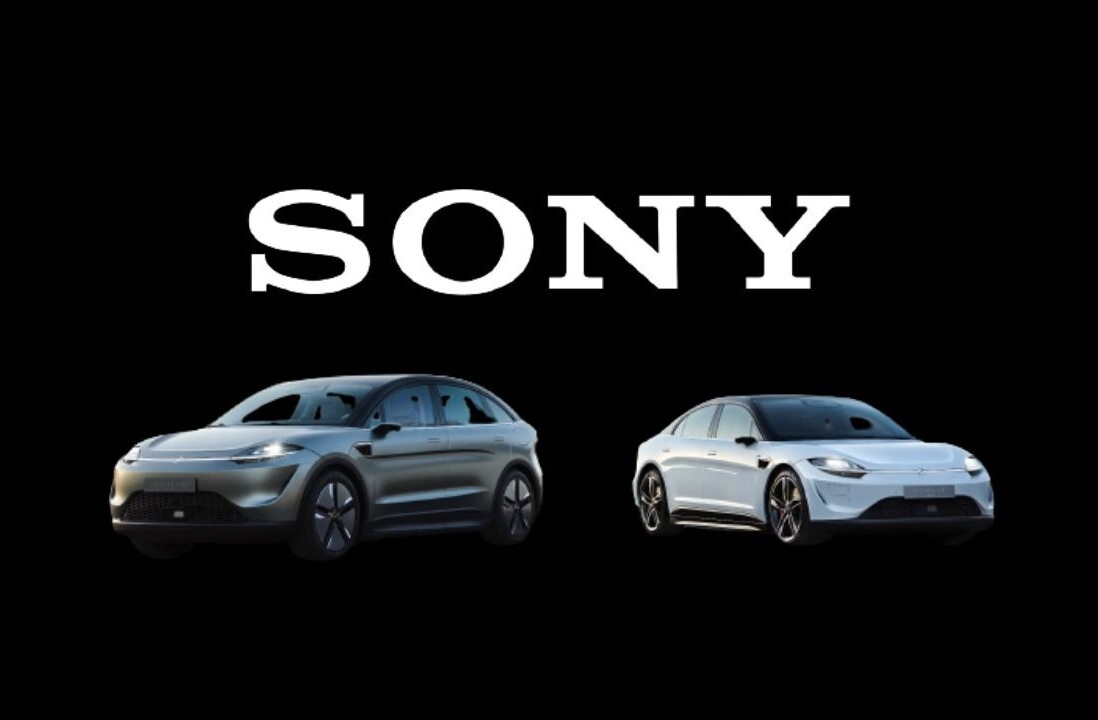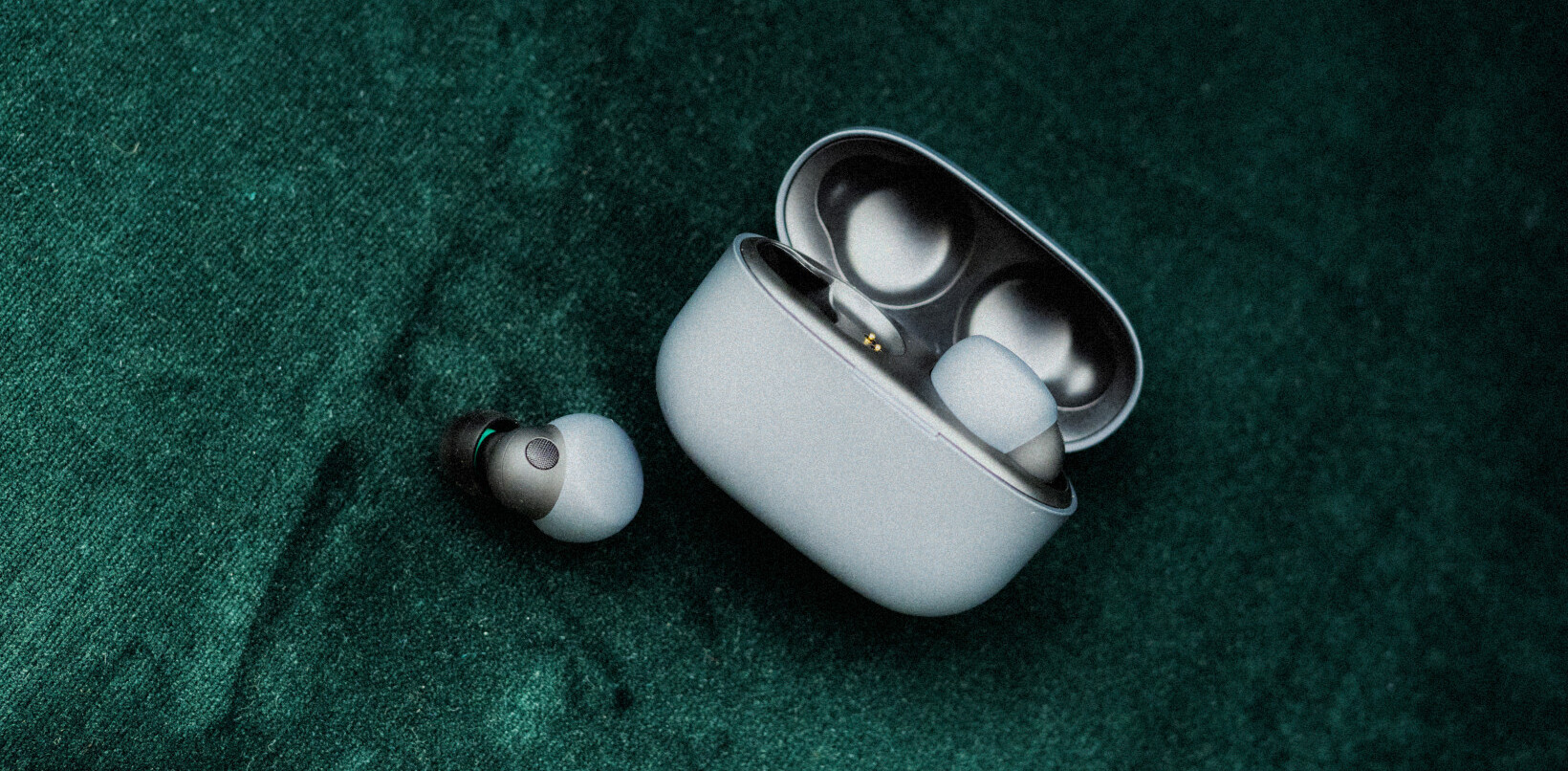
 If the Wall Street Journal is to be believed, Sony is readying a new lineup of handheld products to compete in both the smartphone and tablet markets, specifically taking aim at Apple.
If the Wall Street Journal is to be believed, Sony is readying a new lineup of handheld products to compete in both the smartphone and tablet markets, specifically taking aim at Apple.
Sony’s new smartphone is rumoured to be compatible with specially formatted PlayStation games, enabling handset owners to download and play PlayStation games on the move as well as connecting to Sony’s online media platform.
Whilst developing a gaming enabled smartphone, the electronics giant is also said to be working on a gadget that encompasses the common features of devices like netbooks, e-readers and even their own PlayStation Portable (PSP), making it a direct competitor to devices like the Apple iPad.
There are four specific reasons why Sony’s new products will fail, all listed below.
1. Sony Lacks Innovation
 Don’t get me wrong, Sony make some awesome high quality products. They were heralded for their development of devices like the Walkman, their Trinitron TV’s and today enjoy consistently high sales from their PlayStation 3 consoles and Sony Bravia TV’s and also winning the HD-DVD format war.
Don’t get me wrong, Sony make some awesome high quality products. They were heralded for their development of devices like the Walkman, their Trinitron TV’s and today enjoy consistently high sales from their PlayStation 3 consoles and Sony Bravia TV’s and also winning the HD-DVD format war.
In recent years, Sony look to have been playing catch-up. Intead of offering products that redefined and explored a completely new market, Sony have been launching and redesigning devices like their Walkman branded MP3 players and falling significantly short of devices offered by Apple, Creative and Archos.
Sony look to offer too broad of a range of products instead of focusing on what they did well and capitalising on it. By following Apple into the smartphone and tablet market, Sony is suggesting yet again that they want to offer something similar to another device manufacturer instead of innovating and making the market their own.
2. Sony Products Cost Too Much
 To me, Sony is the brand you used to look to if you wanted the best technology, not necessarily the most competitive price. The Sony Bravia television is seen to be one of the industry leaders for contrast and screen quality but it’s not the best. Samsung, Panasonic, Toshiba and Phillips have pioneered screens that offer just as many features as the Bravia sets, if not more, and in many cases command a lot less of your wage packet.
To me, Sony is the brand you used to look to if you wanted the best technology, not necessarily the most competitive price. The Sony Bravia television is seen to be one of the industry leaders for contrast and screen quality but it’s not the best. Samsung, Panasonic, Toshiba and Phillips have pioneered screens that offer just as many features as the Bravia sets, if not more, and in many cases command a lot less of your wage packet.
Sony have a history for designing good devices but selling them at the wrong price. Take the PlayStation Portable (PSP), this device (PSP 3000) sold well and was only slightly behind in a market dominated by the Nintendo DS. Realising they were on to a successful product, Sony decided to release a newer model, the PSP Go, then systematically strip it of nearly everything that made it successful.
The PSP Go no longer allowed owners to buy games at retail, instead they were forced to buy it directly from Sony. This completely removed the ability to buy used games and meant the games could be sold at a higher price point due to lack of competition.
At launch, the PSP Go retailed for $250, only $50 less than a PS3 which also incorporated a Blu-ray player. It wasn’t able to play any of the older UMD discs or movies and had a screen smaller than it’s older brother. Consumers realised this and bought the older PSP 3000 for $200, which still came with a free movie and a 4GB Pro Duo card.
When the PlayStation 3 launched Sony CEO Howard Stringer admitted it was priced too high, I wouldn’t put it past Sony to make the same mistakes with their “Apple Killers”.
Would Sony price a smartphone or a tablet lower than it’s Apple counterpart? I don’t believe a Sony product would have the same kind of “Wow” factor as an Apple device. Undercutting the price of the iPad or iPhone would be a massive decider in whether Sony sell many units.
3. Sony Stick To Proprietary Formats
 If you have ever owned a handheld Sony device, you may have had the challenge of trying to source some decent value Pro Duo memory. If you owned a Sony e-Reader, you may have been familiar with the BBeB format before Sony dropped it.
If you have ever owned a handheld Sony device, you may have had the challenge of trying to source some decent value Pro Duo memory. If you owned a Sony e-Reader, you may have been familiar with the BBeB format before Sony dropped it.
It’s perfectly understandable why Sony choose to develop their own memory technologies or use their own software formats to work with their products, from a business point of view. The consumer doesn’t benefit on the whole, they are locked into a specific software or a particular price point.
If Sony was going to compete with Apple and release an iPad type device of it’s own, it’s best chance of succeeding is to offer the consumer a chance to use their existing technologies with their new Sony device. If a potential customer can see they are able to use a SD-Card to transfer their music or transfer e-books from their B&N Nook, they will be more likely to invest in the device.
Can you see Sony coupling their proprietary formats with those of other manufacturers?
No?
Neither can I.
4. Sony Lacks Marketing Clout
 Sony have had some strong marketing campaigns, I can remember being thoroughly impressed at the Bravia advert with the colour spectrum of paints exploding from a tower block (pictured right).
Sony have had some strong marketing campaigns, I can remember being thoroughly impressed at the Bravia advert with the colour spectrum of paints exploding from a tower block (pictured right).
Moving forward, what was the last Sony advert you remember seeing? It might be different for people living in the US but in the UK the last advert I saw was one with lots of plastercine animals, mostly rabbits. Can I remember what product it was promoting? The answer is an unequivocal no.
Sony must surely look at Apple and wonder what they did wrong. Apple adverts currently promote and include their MP3 players (the iPod Nano Video), the iPod Touch (promoting the accelerator enabled games), their notebook and desktop computers (I’m A Mac, I’m A PC) and the iPhone (There’s An App For That).
Sony don’t have the same recognition for any of their products and it’s difficult for me to imagine a Sony advert going toe-to-toe with an Apple iPad advert anytime soon.
Conclusion
Sony aren’t on the brink of collapse nor are they going to stop being major players in technology.
Unless some of the issues that have dogged their previous products are addressed they will fail to capture the smartphone and tablet markets they intend to compete in.
We wait with baited breath to see what materialises from this Sony “leak”. Who knows, Sony might surprise us all.
Get the TNW newsletter
Get the most important tech news in your inbox each week.





